|
By Vidas Pinkevicius (get free updates of new posts here)
Yesterday I went to our church to practice 4 pieces from Buxheimer Organ Book. This is the German music collection written in the middle of the 15th century, approximately when Christopher Columbus was born, 600 years ago. The pieces in my edition where written in 3 staves but the lowest stave wasn't supposed to be played with pedals. I had to play the two lowest parts with the left hand. The problem is that in the 15th century, it was quite common for voices to cross each other which means that the lowest part can go higher than the middle part. It makes reading such a score quite a burden. What helped me was to slow down my practice tempo significantly and play the resulting three-note chords one by one, almost without the rhythm. In other words, I had to make sure I don't press the next notes without being 100 % certain the notes will be correct. It's only possible in extremely slow tempo. See if this helps you, if you ever have to play music with voice crossing.
Comments
By Ausra Motuzaite-Pinkeviciene (get free updates of new posts here)
What happens when you feel that the system you're following currently doesn't work in your organ practice? What do you do when you're no longer satisfied to copy someone's style in improvisation or composition? You break the rules, right? You change how you practice here and there. You produce forbidden intervals and chords when you create. But I think you can go even further. You can develop your own rules. You can come up with a new set of modes or rhythmic ideas for your compositions or improvisations. You can figure out a better and more efficient way to learn or memorize the piece. Then you can teach your system to someone else. If your idea is remarkable, it might even catch fire and spread. It's OK to follow the rules. As long as you're the one who's inventing them. Welcome to Secrets of Organ Playing Podcast #79!
Today's guest is organist and composer Tore Bjorn Larsen from Svendborg, Denmark. Tore Bjørn Larsen (born 1957) was educated as organist and composer at Det Fynske Musikkonservatorium in Odense (Carl Nielsen Academy of Music Odense) and Det Kgl. Danske Musikkonservatorium in Copenhagen. He is by now organist, concertmanager, and the leader of the choir in St. Nicolai kirke in Svendborg in the very south of Funen. He plays both as a soloist and with different choirs all over Europe. Tore has written quite a bit music for the church - for organ and choir, but in the later years also some chamber music has become a part of his oeuvre. Tore is the driving force behind ”Svendborg Internationale Orgelfestival” and of all the noon-concerts in Svendborg. In this conversation Tore talks about choosing to be an organist-composer, creating with pencil on paper, and connecting organists in organ festivals. Enjoy and share your comments below. And don't forget to help spread the word about the SOP Podcast by sharing it with your organist friends. Thanks for caring. Listen to the conversation By Vidas Pinkevicius (get free updates of new posts here) Here is an exercise from Guiem, my student from Palma de Mallorca (Spain) in Prelude Improvisation Formula course. I wanted to share them because they are too good. This week's exercise was taken from E minor prelude by J.S.Bach. This is an early version from the Clavierbuchlein for Wilhelm Friedemann Bach which was later incorporated into Well-Tempered Clavier Part I. In the later version, Bach adds an upper ornamented solo voice to the right hand part but here, the texture is strictly limited to the chords in the right hand and the running sixteenths in the left hand, making our improvisation less complicated but nevertheless very beautiful. In the picture above you can see the figure that this prelude is based upon. And here's what Guiem wrote to me: Hello Vidas Below are the 3 pages that Guiem sent to me. You can actually see how beautiful this prelude is when you play it. In Prelude Improvisation Formula course the students would improvise something like this on the keyboard. I think it's great that Guiem wrote out his improvisation. And we have to remember that every student would improvise such prelude a little differently.
If you ever try your hand at improvisation, at the beginning stages it always helps to write down your ideas. By Ausra Motuzaite-Pinkeviciene (get free updates of new posts here)
Vidas and I enjoy going to the gym group trainings. It's good for staying motivated to continue to care for our physical bodies so that they would take care of us. The other day I've seen a slogan on the T-shirt of one of the coaches in the gym - "Your workout is my warm-up". I started to think about how it relates to organ practice. All of us are different, have different points of view, different goals and different limitations when it comes to practicing the organ. So when you're tempted to look at your mentor and be intimidated by what she or he can do and what you can't, think again. You need a mentor not for comparison but keeping you just a little bit uncomfortable by encouraging you to go where you're afraid to go. The only comparison that is worth doing is between yourself yesterday and yourself today. Oh, and by the way, there will always be people to whom your warm-up will look like their practice. It doesn't matter. Here's what does: Did I push myself today? By Vidas Pinkevicius (get free updates of new posts here)
Before our "Maria Zart" recital last week Ausra and I went to our church and recorded a couple of pieces by Franz Tunder (1614-1667), an important composer from North German Baroque School. He was a predecessor of Dieterich Buxtehude in St. Mary's church in Lubeck. I hope you will enjoy Ausra's playing in these videos: Praeludium in g (Dorian) and Canzona by Tunder A few of our students liked the pieces on this program so much that they asked to prepare the fingering and pedaling for them so that they could learn these gems as well. Therefore I've just finished preparing Tunder's pieces, Wir glauben all an einen Gott, BWV 680 by Bach and the famous Sortie in Eb major by Lefebure-Wely for our Maria Zart collection of practice scores with complete fingering and pedaling (50 % discount is valid until next Wednesday). Last Tuesday after this recital we went to our Unda Maris studio practice and met our student Regina, the senior IT specialist here at Vilnius University without whom administering salaries for faculty and staff would be a lot more difficult task. Regina also happens to love playing the organ. Right now she is working on BWV 554 and is struggling to find time for organ playing because she works until evenings and when she comes home, it's too late to play for the neighbors who want to sleep. So what she does is she practices in her mind while commuting to work on the bus. It takes concentration and focus but it works. So on Tuesday she said that the concept of playing a piece or two from every century of organ repertoire up to the present day in one recital was more interesting for her than a concert of say, just music of one historical period or one composer. What do you think? Do you think that listeners enjoy variety more than unity? By Vidas Pinkevicius (get free updates of new posts here) As many of our subscribers know, Ausra and I played a joint recital "Maria Zart" last Saturday which was the 17th part of our cycle "7 Centuries of Organ Music". It was sort of time travel where we visited each century starting from the 14th up to the present day. We thought you might enjoy video excerpts of it. If you find these pieces fascinating, you might want to play some of them. Here's our Maria Zart Recital collection.
On another note, Lawrence asked me to make a video practice guide of the famous Largo "Ombra mai fu" by G.F. Handel. He's a blind organist so he learns by ear. Other organists who like to hear every practice step and every combination in a slow tempo for fast and efficient learning while seeing the notes on the screen will find this video especially helpful (50 % discount is valid until February 1). By Ausra Motuzaite-Pinkeviciene (get free updates of new posts here)
If you learned some music theory and/or harmony in school back in the days, did you enjoy it? Was it practicable, applicable to a real life of musician's profession? Were you inspired by your skills to apply them to the pieces you were studying at the time? Or better yet, did your newly gained knowledge propel you to create something of your own, instead of just analyzing pieces of others? Or was it some artificial system designed to flunk students as much as possible? These are crucial questions to answer, if you want to befriend music theory and harmony now, later in life, when your mind is mature, when you're no longer required to do what you're told. And you need it, if you want to be a more complete organist. Last Friday our student from Vilnius University organ studio "Unda Maris", Arnoldas Leleika substituted me in the diploma ceremonies at the Vilnius University St. John's church. He had to play the opening march, student's anthem "Gaudeamus igitur" and the postlude at the end. In the evening I asked him to answer briefly these 3 questions: 1. Why did you enjoy playing today? 2. What was the most challenging thing for you? 3. What would you like to learn in the future? His answer is too inspiring of not to share (I'm translating from Lithuanian): "It was the most memorable day in my musical life because I wielded myself, without any help, the largest mechanical organ in Lithuania. It's extremely exciting to discover for yourself the beauty of the stops and to hear the majestic organ sounds which could be enjoyed not only by myself but also by hundreds of people. This was one of the most important days in their lives - the graduation day." "The most difficult thing for me was not to lose the place in musical text because I also needed to play pedals together with the keyboards and keep tracking the timing of when to stop playing. It seems like multitasking is possible after all!" "In the future I would like to perfect my pedal playing - what kind of an organist would I be who can't play the pedals? Also after learning a certain program I would like to participate in the organist competition which would give me some new experiences for my playing technique. As they say, there isn't really boundaries for perfection and while seeking it a person discovers an inner joy..." If you want, you can enjoy Arnoldas' playing in this video where he plays the fragment of Marche Pontificale by Charles Gounod (thanks to Mindaugas for doing the recording). Let's congratulate Arnoldas and wish him a lot of creativity, persistence and bravery! Welcome to Secrets of Organ Playing Podcast #78!
Today's guest is Jean-Paul IMBERT, organist from France. Born in Clermont-Ferrand in 1942, he studied piano and organ : at the early age of 15 he was appointed organist of the church of Sainte Jeanne d’Arc. In Paris he studied with Pierre Cochereau and Jean Guillou whose assistant he was from 1971 to 1993 in Saint-Eustache. In 1993, he was appointed as organist on the Kleuker instrument of Notre-Dame des Neiges in Alpe d’Huez and was responsible for organizing concerts with organists from all over the world. Since 1988, he has organised workshops there with students from different countries and schools. These workshops were developed into training courses with musicians such as Cornel Pana, who teaches Pan flute, and conductor and violonist Christian Ciuca for courses in high standards of choral singing ; operatic performers such as Jean Louis Serre and Marie-Therese Keller. Since 1999 he has taught every year at Bad-Rippoldsau in the Black Forest. From 1997 to 2006 he was the organist in the Basilica of Notre Dame du Perpétuel Secours in Paris where he contributed largely to the reputation of this magnificent contemporary instrument by organizing a series of concerts « Organ in Duet », but also at the time of it’s official inauguration with the orchestra of the Schola Cantorum conducted by Michel Denis in September 2004. He made several recordings on that organ . Since 1982 he taught at the Schola Cantorum, and his classes have produced a number of artists of international repute. His concerts have seen him mostly in Europe where he intrigued the public with his innovative registration, exploring all the possibilities offered by the instruments. He has taken part in the most renown festivals: Caen, Chartres, Radio-France, Ravenna, Torino, Cambridge, Rome, Roquevaire, Bordeaux, Moscow, Freiburg in Brisgau, Gdansk-Oliwa, Portsmouth, Lausanne. He has a strong passion for Bach, and also the romantic school, and his interpretations are always colourful and lively. He has written a number of transcriptions of works by Prokoviev, Rachmaninov, Grieg, Liszt, Verdi, and Wagner. He has received distinctions such as "Officier des Arts et des Lettres" from the minister for Culture in 2010 and in 2014 was awarded the "Palmes Academiques" by the minister for Education. His discography includes magnificent instruments: Saint-Eustache in Paris, Tonhalle of Zürich, Saint-Sernin in Toulouse, Saint-Etienne de Caen, Saint-Bonaventure of Lyon, Notre-Dame des neiges in Alpe d’Huez, Notre-Dame du Perpétuel Secours in Paris. He has recorded not only a number of little known and rarely played works, but also transcriptions of great orchestral works, some of them written by him. For some recordings he received awards such as The Academie Charles Cros. There are also recordings of duets with the trumpeter Guy Touvron, the oboist Antoine Sebillote and the flutist Gabriel Fumet. In this conversation Diego talks the lessons he learned from the great masters, playing organ for ski tourists and arranging organ transcriptions. Enjoy and share your comments below. And don't forget to help spread the word about the SOP Podcast by sharing it with your organist friends. Thanks for caring. Let's go to the show |
DON'T MISS A THING! FREE UPDATES BY EMAIL.Thank you!You have successfully joined our subscriber list.  Photo by Edgaras Kurauskas Photo by Edgaras Kurauskas
Authors
Drs. Vidas Pinkevicius and Ausra Motuzaite-Pinkeviciene Organists of Vilnius University , creators of Secrets of Organ Playing. Our Hauptwerk Setup:
Categories
All
Archives
July 2024
|
This site participates in the Amazon, Thomann and other affiliate programs, the proceeds of which keep it free for anyone to read.
Copyright © 2011-2024 by Vidas Pinkevicius and Ausra Motuzaite-Pinkeviciene.
Terms of Service and Privacy Policy
Copyright © 2011-2024 by Vidas Pinkevicius and Ausra Motuzaite-Pinkeviciene.
Terms of Service and Privacy Policy


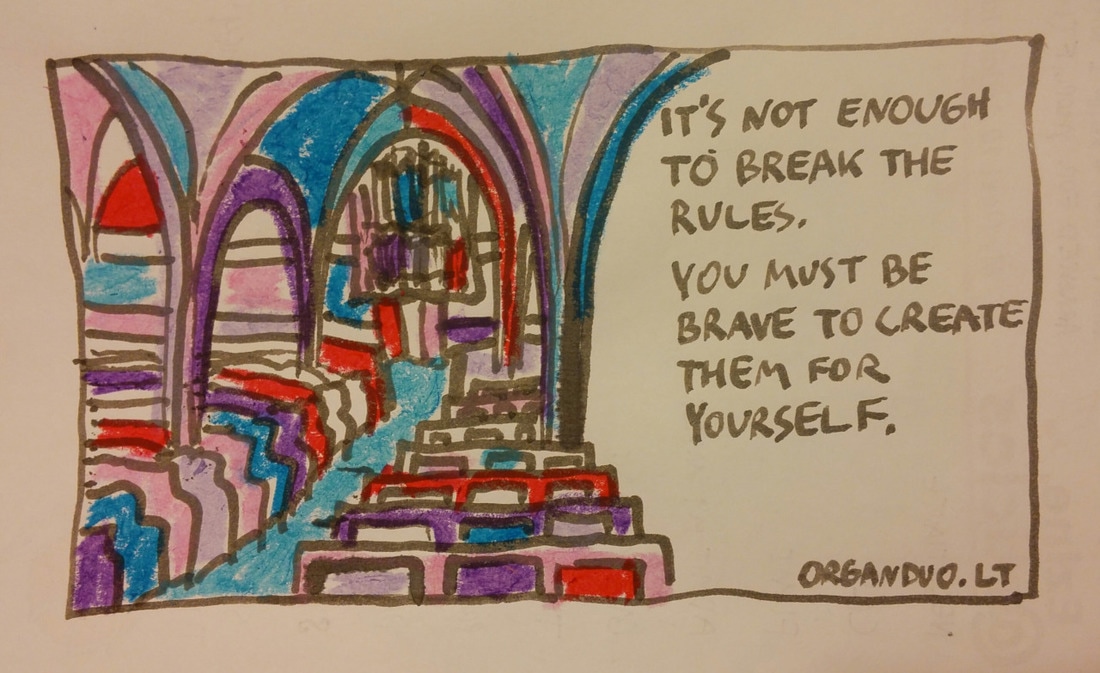
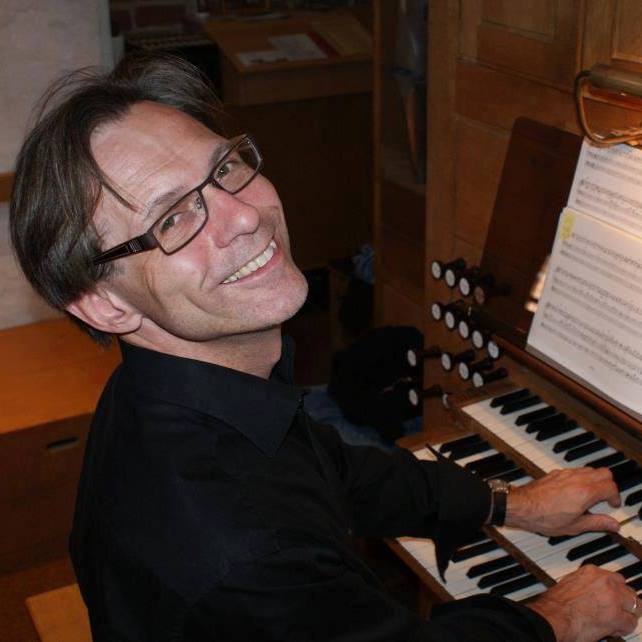
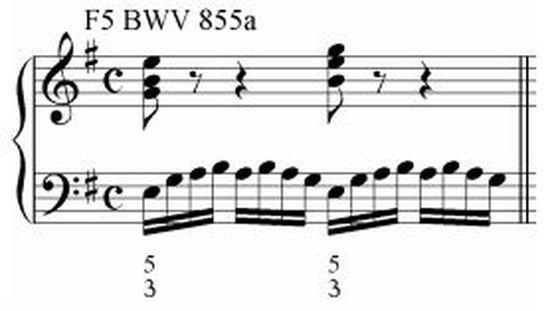
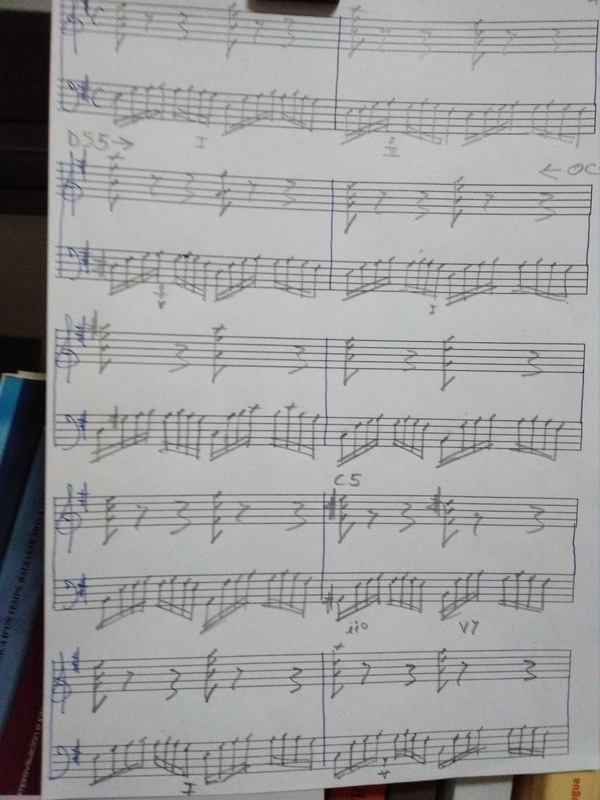
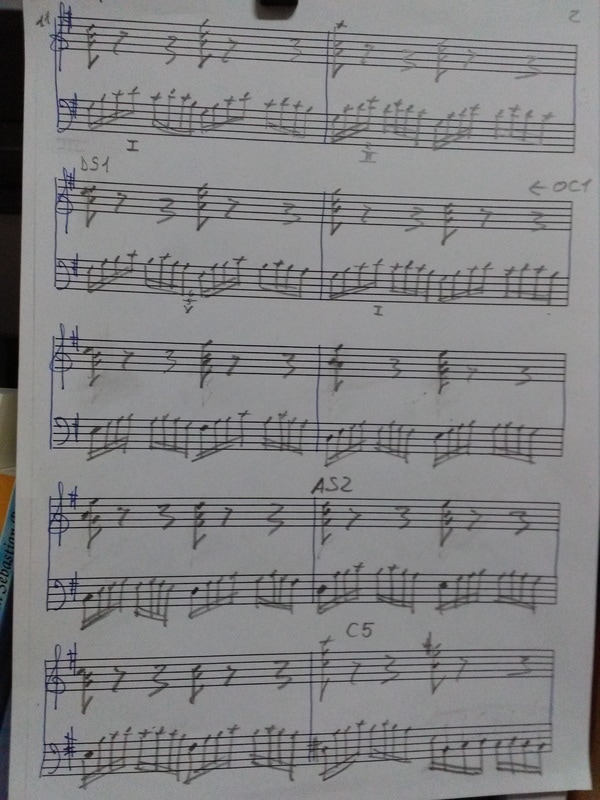
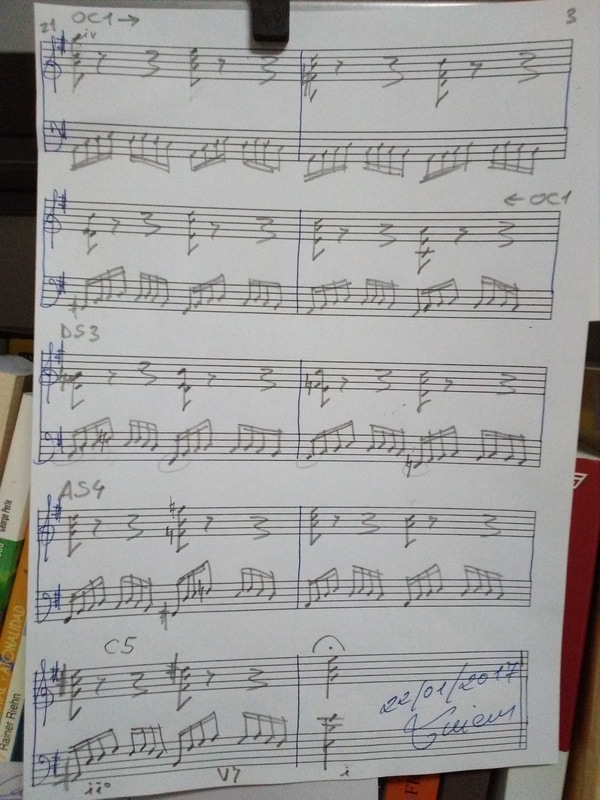
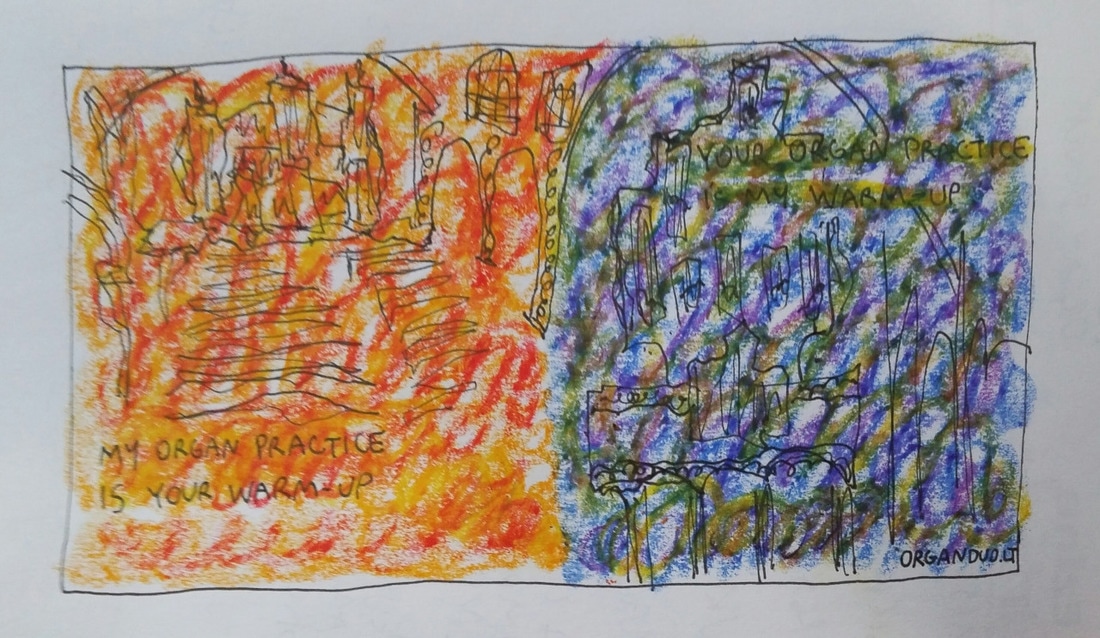
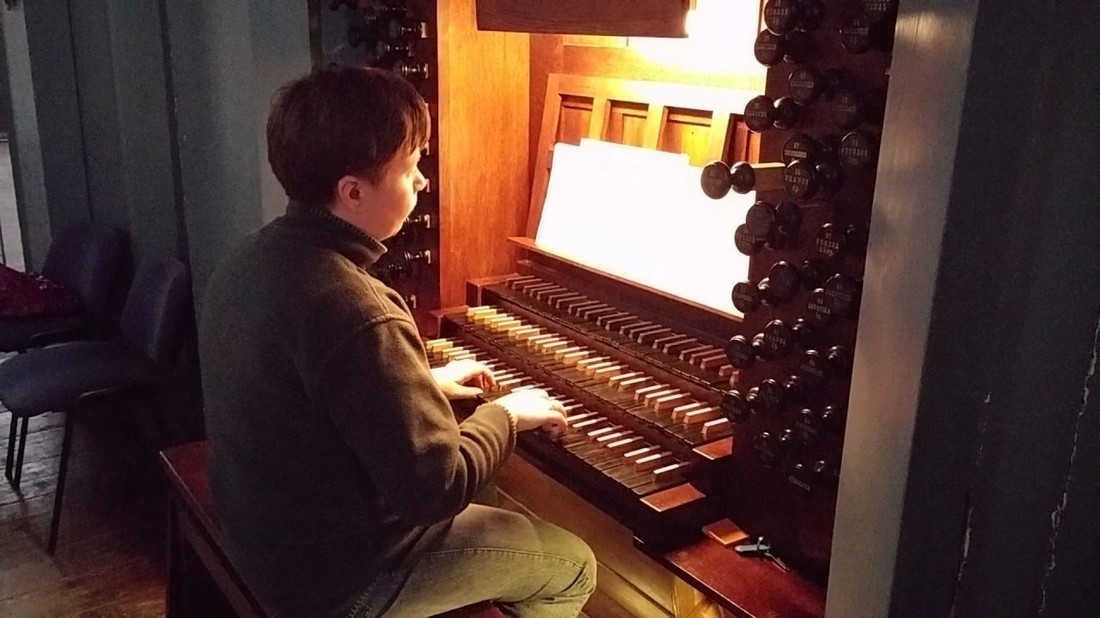
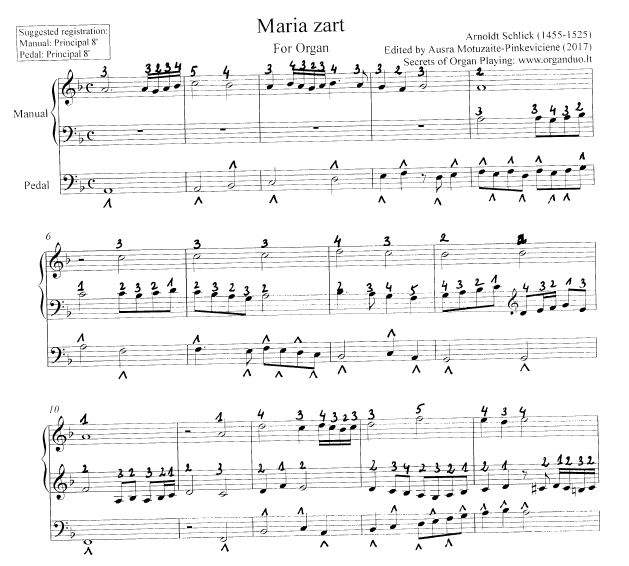
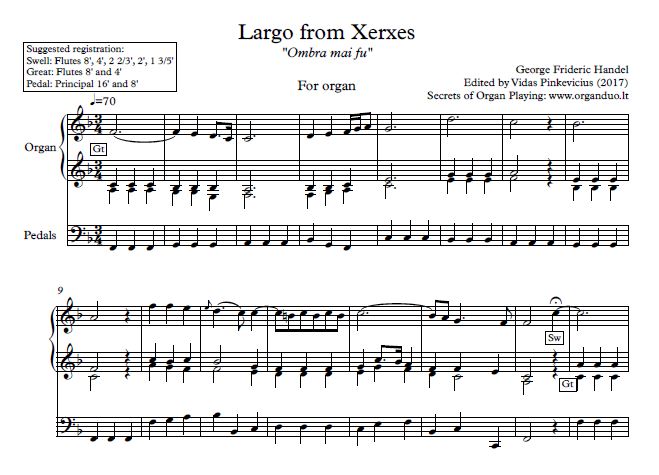
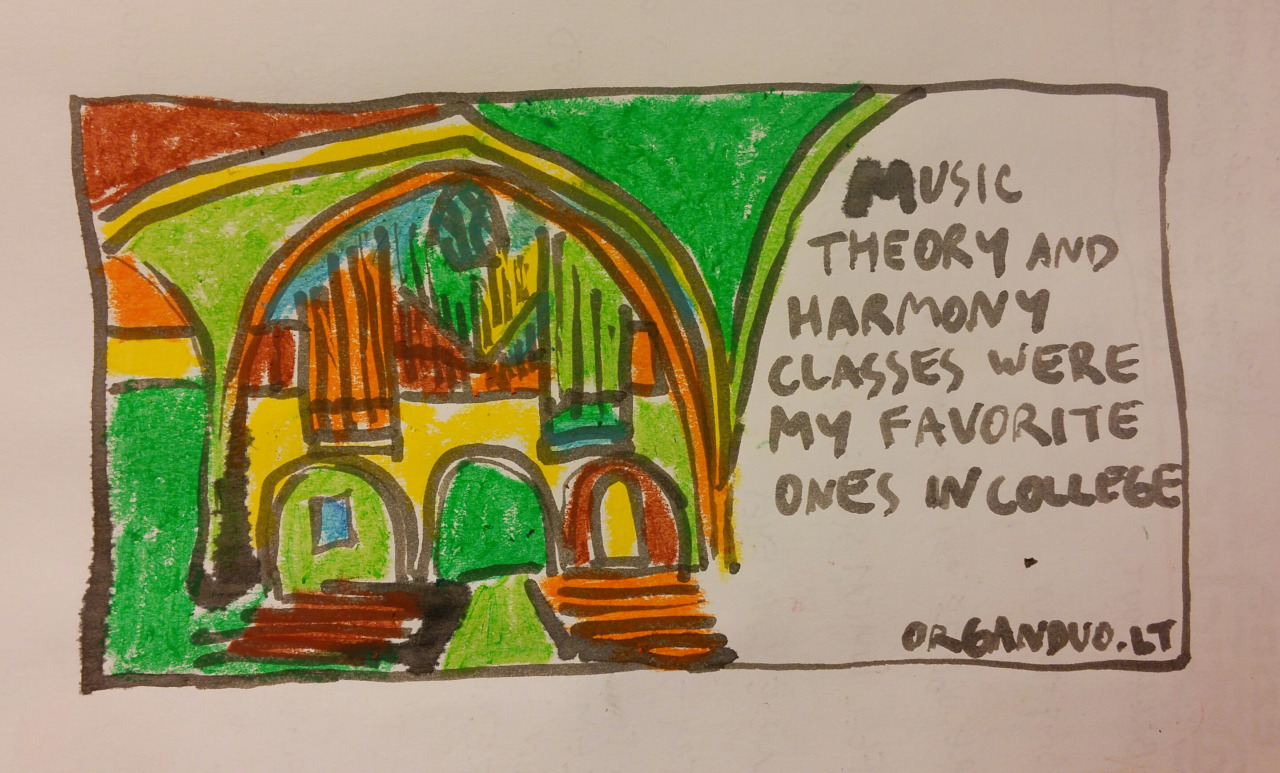
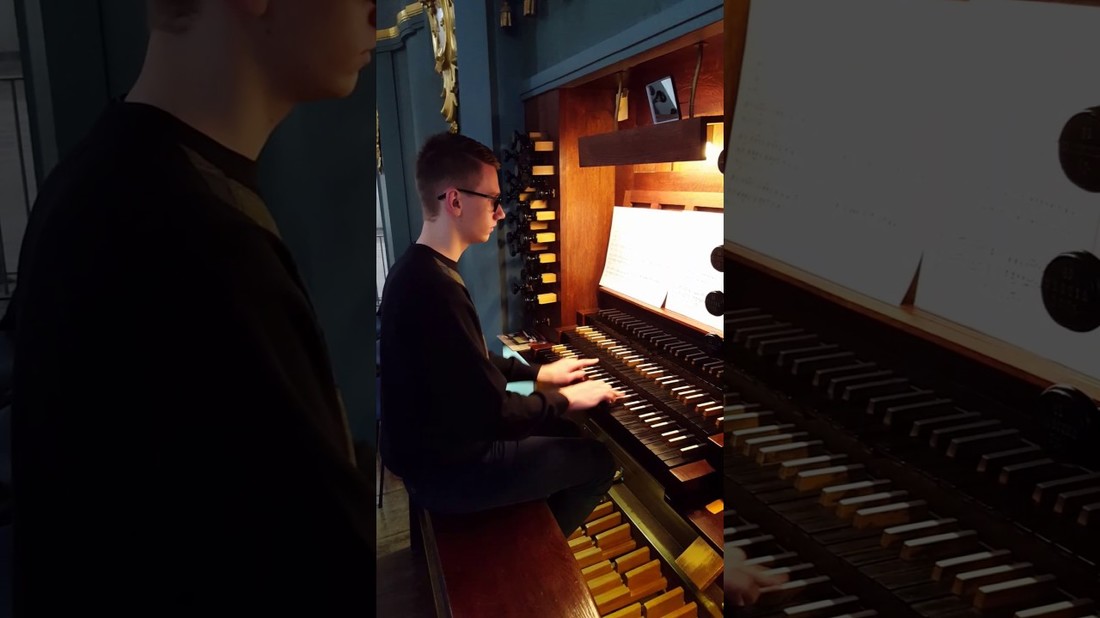
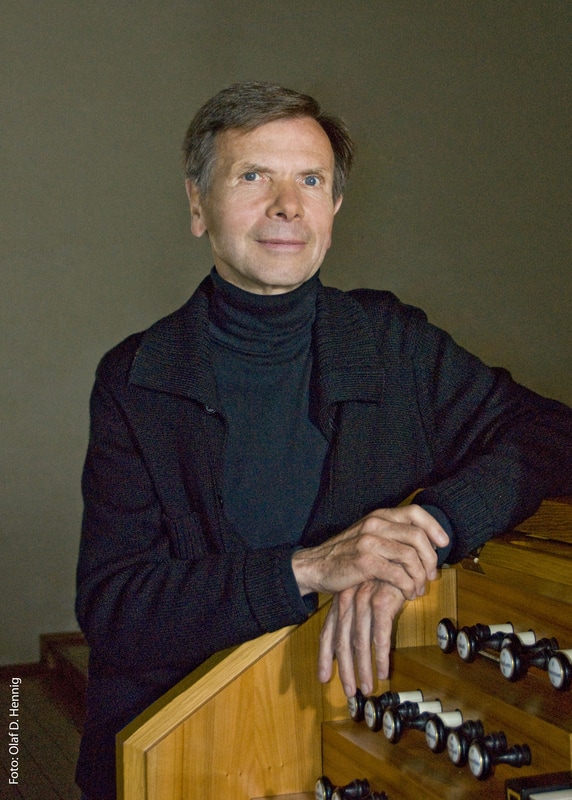



 RSS Feed
RSS Feed